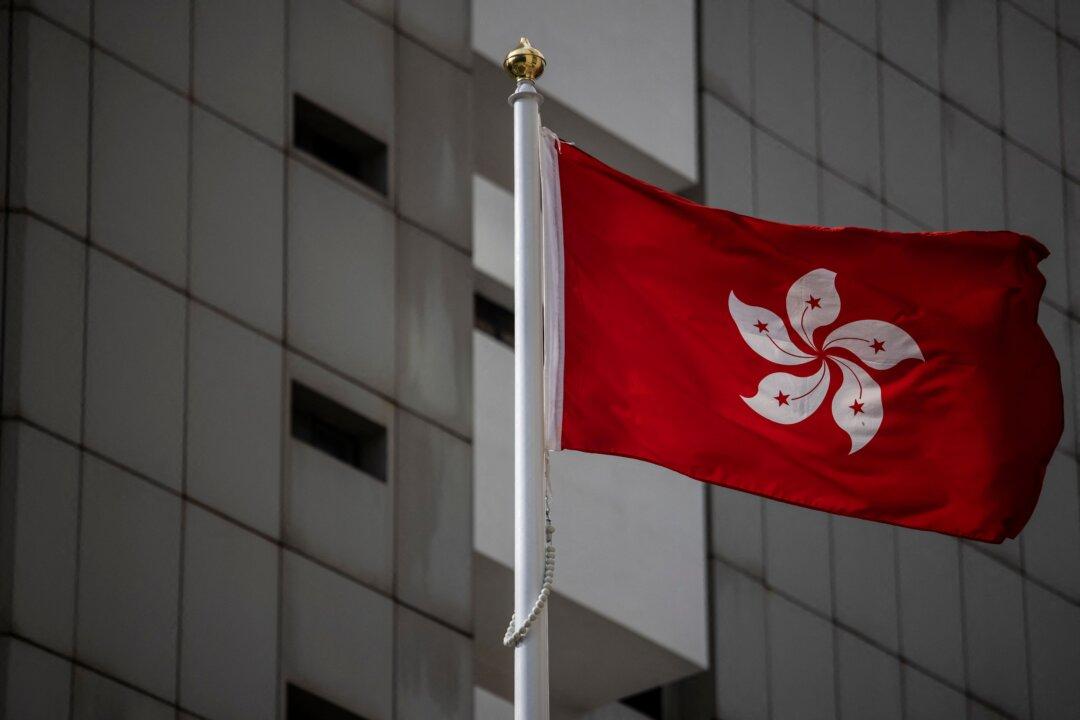In this article, we report the views of three Hong Kong activists who had faced court cases, two were charged with offenses in connection to the civil protests in 2019/20, the other faced charges in related to the June 4th candlelight vigil in 2020. We explored their decisions on whether to plead guilty, or not guilty, and the reasons for their choice.
In 2019, a series of demonstrations in Hong Kong, known as the Anti-extradition Law Amendment Bill Movement (the 2019-2020 Hong Kong protests) broke out in Hong Kong. Many protesters were arrested, charged, and subsequently sentenced.




